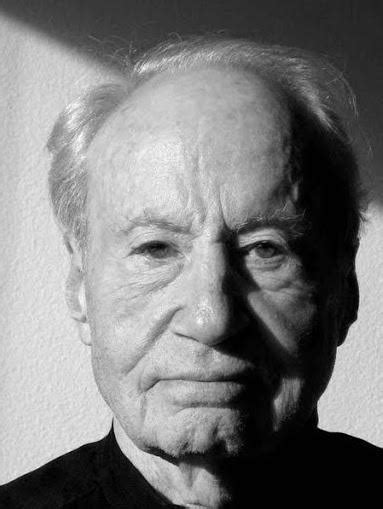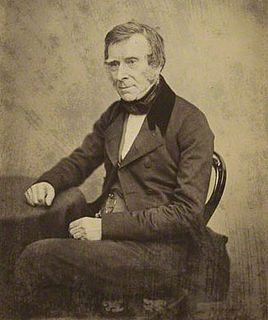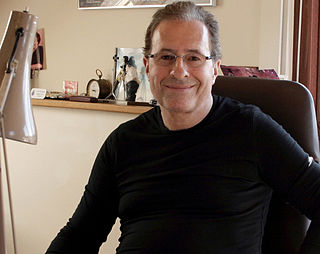A Quote by Albert Einstein
If you are out to describe the truth, leave elegance to the tailor.
On being reproached that his formula of gravitation was longer and more cumbersome than Newton's.
Related Quotes
It is important to notice that these badly functioning designs were praised for 'elegance.' But elegance as theoretical scientists apply it is quite different. The elegance of a mathematical formula is that it explains a phenomenon beautifully, with no parts left over. In design, elegance is more readily perceived as a property of product than of process. If we had more elegant theories, we might look to design for more than elegance.
What was it that obliged Jerome to write his book, Concerning Illustrious Men? It was the common reproach of old cast upon Christians, 'That they were all poor, weak, unlearned men.' The sort of men sometime called 'Puritans' in the English nation have been reproached with the same character. . . But when truth shall have liberty to speak, it will be known that Christianity never was more expressed unto the life than in the lives of the persons that have been thus reproached.
It is attention, more than any difference between minds and men.-In this is the source of poetic genius, and of the genius of discovery in science.-It was that led Newton to the invention of fluxions, and the discovery of gravitation, and Harvey to find out the circulation of the blood, and Davy to those views which laid the foundation of modern chemistry.
Mr Hooke sent, in his next letter [to Sir Isaac Newton] the whole of his Hypothesis, scil that the gravitation was reciprocall to the square of the distance: ... This is the greatest Discovery in Nature that ever was since the World's Creation. It was never so much as hinted by any man before. I wish he had writt plainer, and afforded a little more paper.
The authour who imitates his predecessors only by furnishing himself with thoughts and elegances out of the same general magazine of literature, can with little more propriety be reproached as a plagiary, than the architect can be censured as a mean copier of Angelo or Wren, because he digs his marble out of the same quarry, squares his stones by the same art, and unites them in columns of the same orders.
There are many who say more than the truth on some occasions, and balance the account with their consciences by saying less than the truth on others. But the fact is that they are in both instances as fraudulant as he would be that exacted more than his due from his debtors, and paid less than their due to his creditors.
I esteem his understanding and subtlety highly, but I consider that they have been put to ill use in the greater part of his work, where the author studies things of little use or when he builds on the improbable principle of attraction. Writing about Newton's Principia. Huygens had some time earlier indicated he did not believe the theory of universal gravitation, saying it 'appears to me absurd.'
Knowledge is inherent in man; no knowledge comes from outside; it is all inside. We say Newton discovered gravitation. Was it sitting anywhere waiting for him? It was in his own mind; the time came and he found it out. All knowledge that the world has ever received comes from the mind; the infinite library of the universe is in our own mind. The external world is simply the suggestion, the occasion, which sets you to study your own mind.
The epithet beautiful is used by surgeons to describe operations which their patients describe as ghastly, by physicists to describe methods of measurement which leave sentimentalists cold, by lawyers to describe cases which ruin all the parties to them, and by lovers to describe the objects of their infatuation, however unattractive they may appear to the unaffected spectators.
Branson ate his salad, and left the rest of his fish untouched, while Grace tucked into his steak and kidney pudding with relish. 'I read a while ago,' he told Branson, 'that the French drink more red wine than the English but live longer. The Japanese eat more fish than the English but drink less wine and live longer. The Germans eat more red meat than the English, and drink more beer and they live longer too. You know the moral of this story? 'No' 'It's not what you eat or drink - it's speaking English that kills you.
Isaac Newton was born at Woolsthorpe, near Grantham, in Lincolnshire, on Christmas Day, 1642: a weakly and diminutive infant, of whom it is related that, at his birth, he might have found room in a quart mug. He died on March the 20th, 1727, after more than eighty-four years of more than average bodily health and vigour; it is a proper pendant to the story of the quart mug to state that he never lost more than one of his second teeth.




































